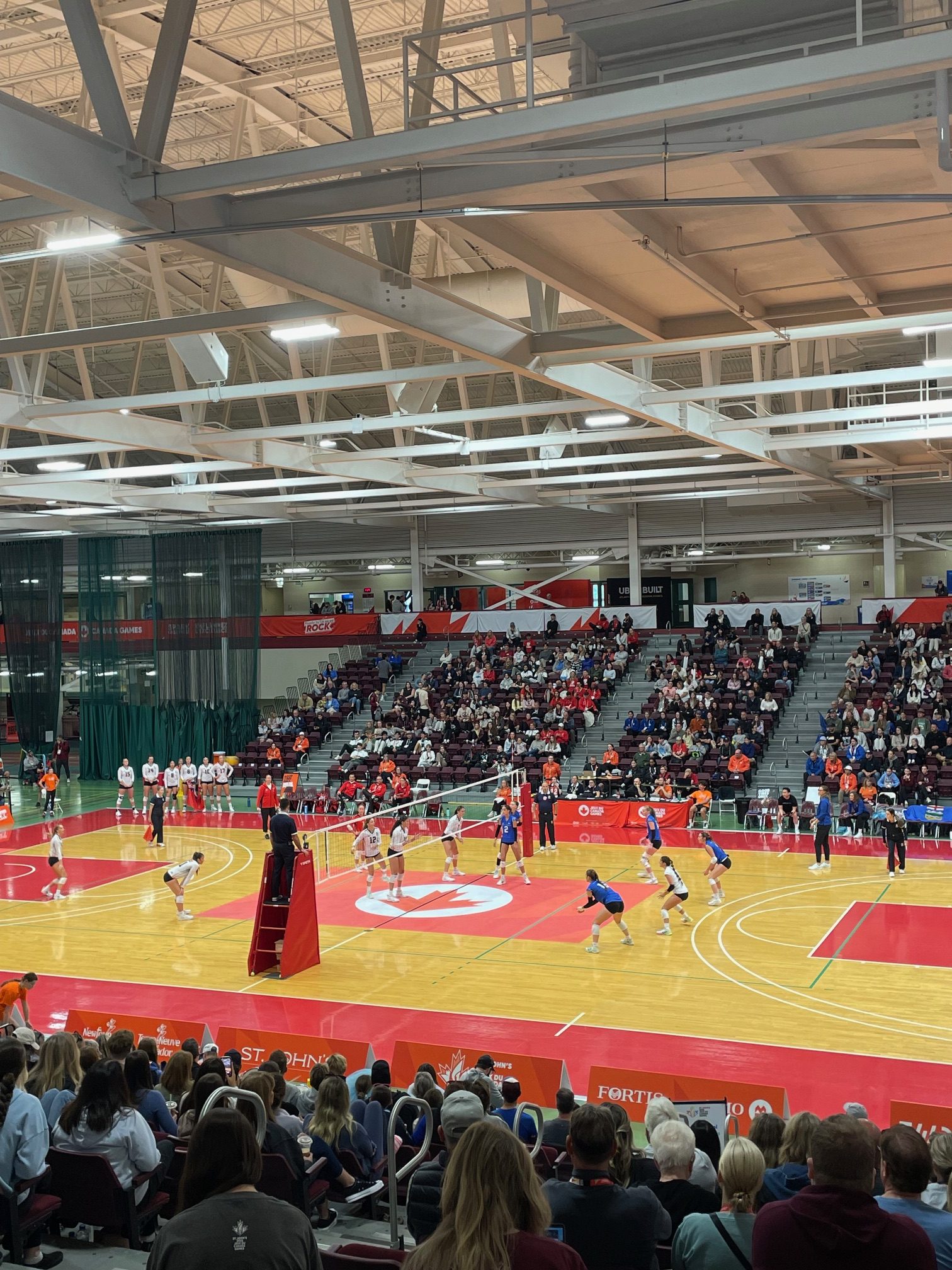
This August, St. John’s, Newfoundland and Labrador welcomed the nation for the 2025 Canada Games, a two-week celebration of sport, culture, and community. For Event Atlantic members, the Games weren’t just a national showcase, but a powerful case study in what is possible when a city, its partners, and its people come together to deliver an unforgettable experience.
A National Stage for Local Impact
The Canada Games opened with a high energy ceremony that filled Mary Brown’s Centre with athletes, volunteers, and thousands of cheering fans. The program featured local performers, musicians, and cultural showcases that reflected the vibrancy of Newfoundland and Labrador. Over the course of the Games, more than 4,600 athletes and coaches competed across dozens of sports, supported by more than 5,000 volunteers, and inspired countless visitors to explore St. John’s and the surrounding region. The Canada Games highlight the direct impact major events can have on destination visibility, community pride, and economic growth.
Collaboration at the Heart of Delivery
“Delivering the 2025 Canada Games experience was truly a collective and collaborative effort,” said Erin Skinner, Manager of Tourism, Culture and Business Growth with the City of St. John’s. “The City of St. John’s, as the host city, worked hand in hand with the Canada Games Host Society, other municipalities, local businesses, and cultural partners to make sure every touchpoint, whether it was a sporting venue, a cultural activation within the Arta Vista Festival, or in downtown, reflected the warmth and spirit of our city. That collaboration allowed us to welcome visitors in a way that felt seamless, authentic, and distinctly St. John’s.”
The Games also left a physical and social legacy. Infrastructure investments like the Fortis Canada Games Complex and the Rogers Tennis Dome at Greenbelt will serve local athletes and residents for generations to come.
Operational Excellence and Community Legacy
Staging the Games required seamless coordination between venues, volunteers, tourism operators, and cultural organizations. From upgraded facilities to citywide cultural activations, the Games demonstrated how hosting can leave a lasting legacy beyond the closing ceremony.
The Games energized the community in ways both large and small. “Shop owners decorated storefronts, volunteers danced during their shifts, and residents went out of their way to make visitors feel at home,” Erin noted. “There was such a strong sense of pride and ownership across the city. Visitors experienced not only world-class sport, but also the genuine hospitality that St. John’s is known for, and you could feel that excitement and connection everywhere you went.”
Lessons for Event Leaders:
The St. John’s experience underscores some key takeaways:
- Partnership is essential: Cross sector collaboration magnified the success of the Games, from logistics to cultural programming.
- Community buy in fuels success: Thousands of volunteers and residents played a role in delivering an unforgettable guest experience.
- Tourism opportunities abound: Events of this scale generate long term visitation and spotlight local culture.
- Legacy matters: Investments in infrastructure, training, and partnerships extend well beyond the Games.
- Look ahead and get involved: With the Games rotating across Canada, members have opportunities to participate in future editions, whether by bidding, partnering on programming, or supporting tourism and hospitality services in host regions.
“If I could share one lesson with other host communities, it would be the importance of engaging partners early and often,” Erin advised. “Large-scale events succeed when every sector sees themselves as part of the story, hospitality, transportation, culture, sport, and beyond. Building those relationships in advance creates resilience and flexibility when challenges arise (and we faced a few including wildfires and an airline strike), and it helps ensure the event leaves a legacy that lasts long after the closing ceremony.”
The 2025 Canada Games in St. John’s remind us that major events are more than competitions. They are catalysts for connection, economic impact, and regional pride. As Event Atlantic looks toward future opportunities, these lessons offer valuable insights for members committed to elevating events across the region.




